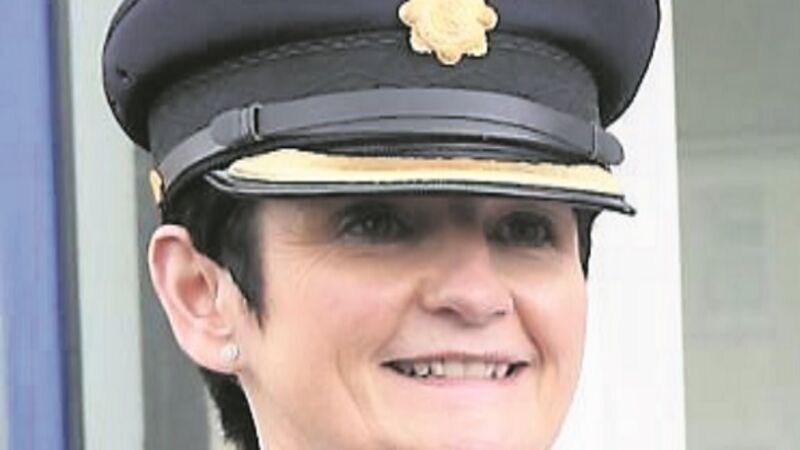40% of victims unhappy with Garda response

And less than six in 10 of all people surveyed — victims and non-victims — said that gardaí were “effective in tackling crime” and less than half said the organisation was “well managed”.
The Garda Public Attitudes Survey 2015 found that three-quarters of the 6,000 people contacted believed that crime nationally was a serious or very serious problem.













